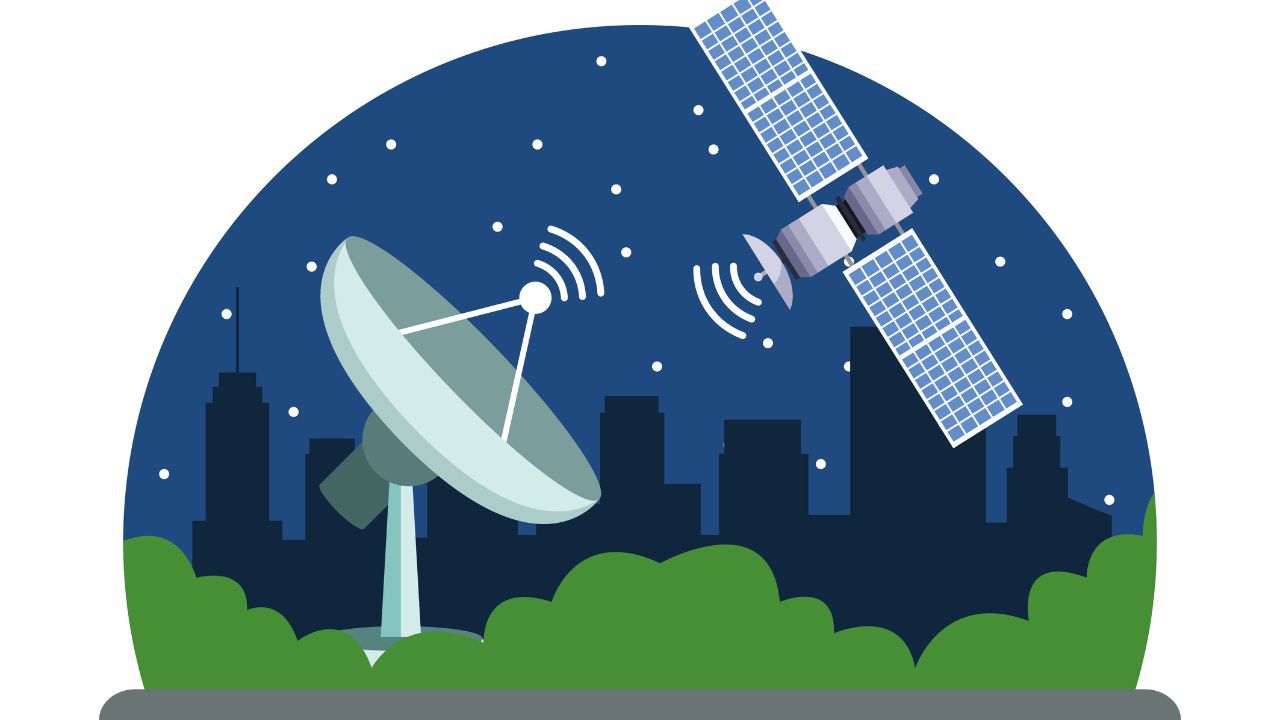Elon Musk's satellite internet venture, Starlink, is actively engaging with key players in the Indian telecom sector. The company is in discussions with top firms such as Nelco (part of the Tata Group), BSNL, Hughes Communications, and Vodafone Idea (Vi) to form non-exclusive partnerships. These collaborations are aimed at accelerating the rollout of high-speed satellite broadband across the country.
Starlink: Infra Plans for Ground-Level Execution
To support its operations in India, Starlink is planning to establish ground gateway stations in cities like Mumbai, Pune, and Indore. Additionally, a point of presence (PoP) is being proposed in Mumbai. These hubs will be critical in ensuring seamless satellite-to-ground communication and delivering reliable internet access, particularly in regions with limited or no broadband infrastructure.
Regulatory Approvals in Progress
While discussions and planning are underway, Starlink is still awaiting final regulatory clearance from Indian authorities. The company has agreed to comply with several key conditions laid out by the Department of Telecommunications (DoT). These include setting up a local network control centre and ensuring that user data is not routed through countries that share a land border with India. However, there are still some compliance requirements pending—particularly around monitoring facilities in border areas and connectivity in sensitive regions such as Jammu & Kashmir and Ladakh.
High-Level Government Engagements Underway
Starlink isn’t just focusing on infrastructure—it’s also building strong ties with the Indian government. Senior company officials recently met with Commerce Minister Piyush Goyal to discuss opportunities for investment, technology collaboration, and improving rural internet access, particularly in the Northeast.
Sky’s the Limit: Expanding the Satellite Constellation
Globally, Starlink operates around 4,400 satellites, including more than 2,500 second-generation (Gen-2) satellites. The company plans to scale this number up to a massive 30,000 Gen-2 satellites in the coming years. This ambitious expansion could be a game-changer for underserved regions in India, offering reliable, high-speed internet where traditional providers struggle to reach.




